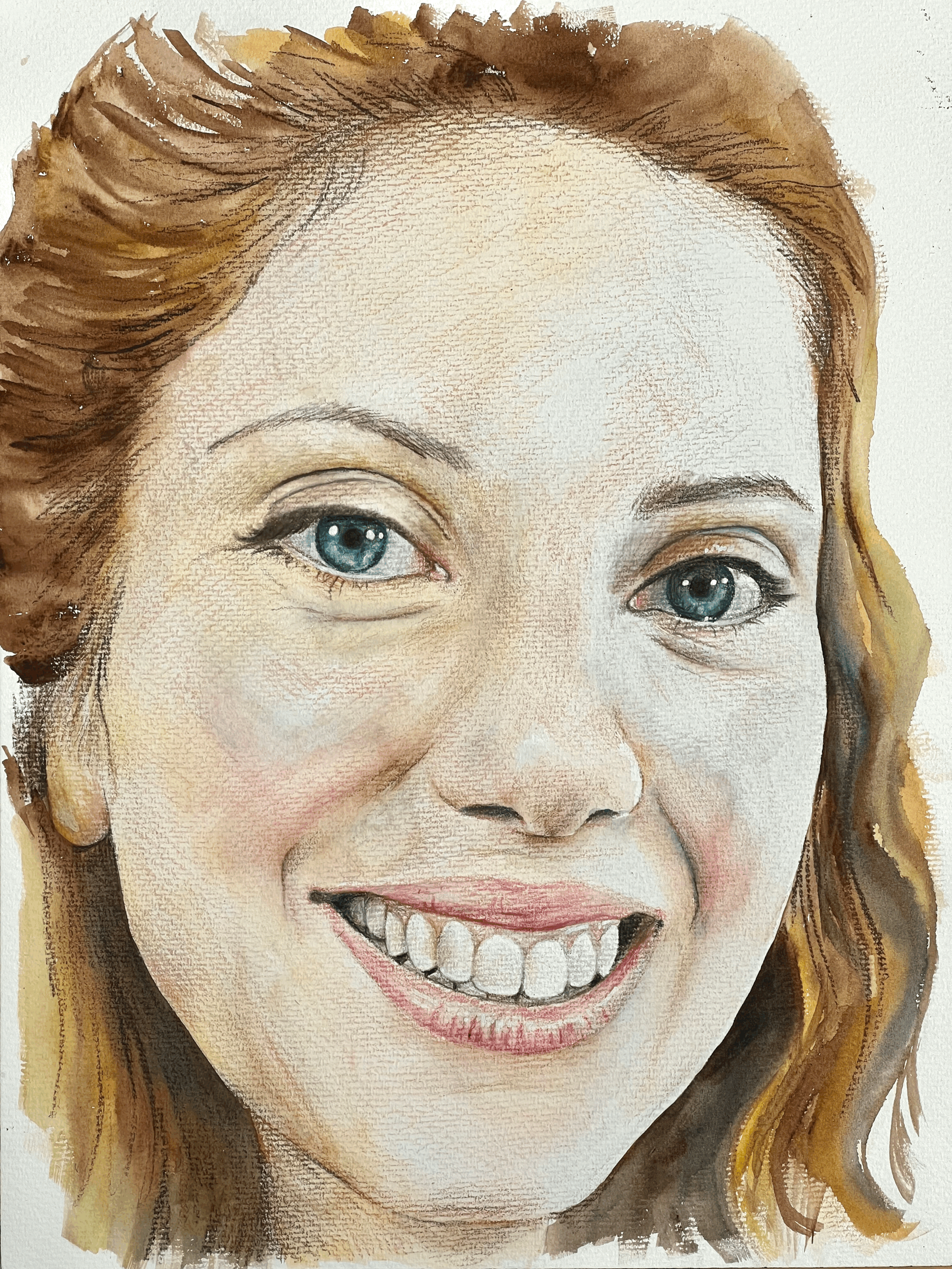 Image 1 of 1
Image 1 of 1


60. Layton
“For me, detransition was like a birth and a catalyst, and acted as my first genuine expression of self-love and self-gnosis after a lifetime of embodying pain and childhood trauma in place of my true, core Self. Reclaiming my body from an ideology that fed on my lack of wholeness felt like waking up from a fever dream…one that had been supported as reality by everyone around me.
Growing up in an abusive environment, part of a religious cult and subjected to gay conversion therapy twice, I had become a shell of a person. Despite overcoming drug and alcohol addiction as a teenager, I still felt haunted by my unresolved past. My traumatic early childhood experiences resulted in PTSD and severe dissociation, eventually leading to a diagnosis of Dissociative Identity Disorder. At the time, I had also been diagnosed with ADHD, OCD, eating disorders, and was actively engaging in self-harm and suicidality. Despite these complex issues, my medical transition was expedited by therapists and healthcare professionals, with little attention paid to underlying psychological factors. No one told me that it was possible to heal from my trauma. However, I was led to believe that transition would alleviate the symptoms.
It did not. Despite feeling “better” at first, a placebo-effect clearly activated by the concept of starting a new life as a new person separate from my trauma and pain, I eventually became even more suicidal than before, feeling confused and disconnected from this placeholder “identity.” Living as a “heterosexual man” felt like a lie, one that I had to gaslight myself and everyone around me in order to maintain. I frequently went back and forth with pronouns and gender expression, feeling even more fragmented than before.
I began to miss my previous lesbian identity. Though it did not define the whole of me, it expressed a part of me, and that understanding planted a small seed of doubt in the trans ideology and I wondered, how much of a role did conversion therapy and abuse play in my transition? Months later, I became acquainted with somatic therapy. For the first time in my life, I was learning how to connect to my body, regulate my nervous system, and bring myself out of survival mode. Reconnecting with my womanhood was a very natural symptom of my embodiment and integration. The more embodied I became, the more I realized that my entire previous identity was simply a manifestation of trauma…and doctors had aided me in the greatest act of self-harm that I could ever commit - the act of complete disconnection from my own physical body.
My experience has motivated me to dedicate myself and my life to encouraging others in the process of coming home to themselves, starting with wholeness and reconnection within the body and nervous system. We cannot know who we are when we are chronically disconnected from the very vessel that contains us.”
https://youtube.com/@PsychicSomatics?si=NQg5n1KnBgiTDTbB
http://www.psychicsomatic.com
“For me, detransition was like a birth and a catalyst, and acted as my first genuine expression of self-love and self-gnosis after a lifetime of embodying pain and childhood trauma in place of my true, core Self. Reclaiming my body from an ideology that fed on my lack of wholeness felt like waking up from a fever dream…one that had been supported as reality by everyone around me.
Growing up in an abusive environment, part of a religious cult and subjected to gay conversion therapy twice, I had become a shell of a person. Despite overcoming drug and alcohol addiction as a teenager, I still felt haunted by my unresolved past. My traumatic early childhood experiences resulted in PTSD and severe dissociation, eventually leading to a diagnosis of Dissociative Identity Disorder. At the time, I had also been diagnosed with ADHD, OCD, eating disorders, and was actively engaging in self-harm and suicidality. Despite these complex issues, my medical transition was expedited by therapists and healthcare professionals, with little attention paid to underlying psychological factors. No one told me that it was possible to heal from my trauma. However, I was led to believe that transition would alleviate the symptoms.
It did not. Despite feeling “better” at first, a placebo-effect clearly activated by the concept of starting a new life as a new person separate from my trauma and pain, I eventually became even more suicidal than before, feeling confused and disconnected from this placeholder “identity.” Living as a “heterosexual man” felt like a lie, one that I had to gaslight myself and everyone around me in order to maintain. I frequently went back and forth with pronouns and gender expression, feeling even more fragmented than before.
I began to miss my previous lesbian identity. Though it did not define the whole of me, it expressed a part of me, and that understanding planted a small seed of doubt in the trans ideology and I wondered, how much of a role did conversion therapy and abuse play in my transition? Months later, I became acquainted with somatic therapy. For the first time in my life, I was learning how to connect to my body, regulate my nervous system, and bring myself out of survival mode. Reconnecting with my womanhood was a very natural symptom of my embodiment and integration. The more embodied I became, the more I realized that my entire previous identity was simply a manifestation of trauma…and doctors had aided me in the greatest act of self-harm that I could ever commit - the act of complete disconnection from my own physical body.
My experience has motivated me to dedicate myself and my life to encouraging others in the process of coming home to themselves, starting with wholeness and reconnection within the body and nervous system. We cannot know who we are when we are chronically disconnected from the very vessel that contains us.”
https://youtube.com/@PsychicSomatics?si=NQg5n1KnBgiTDTbB
http://www.psychicsomatic.com
